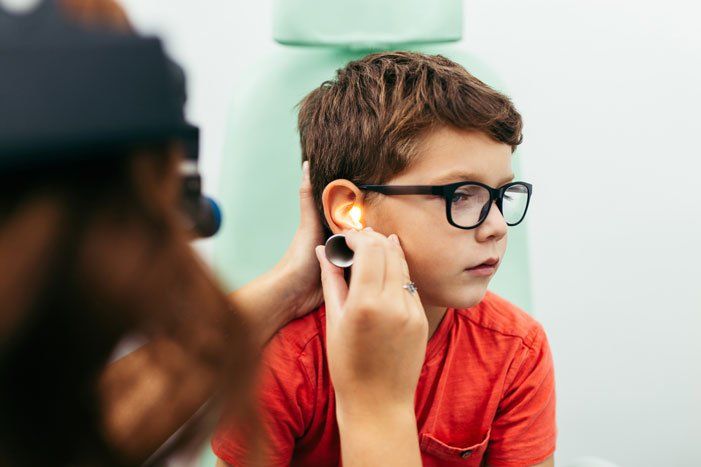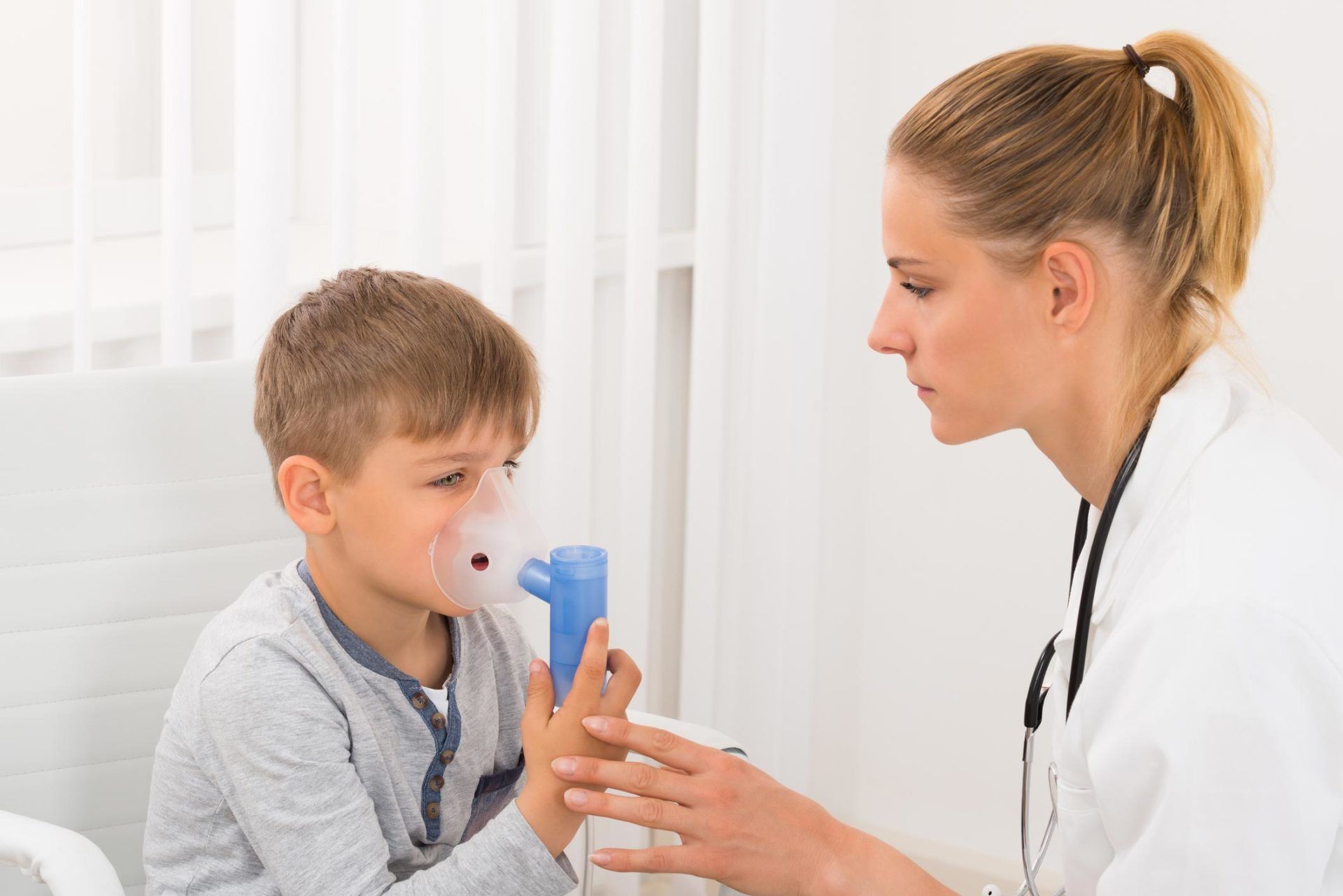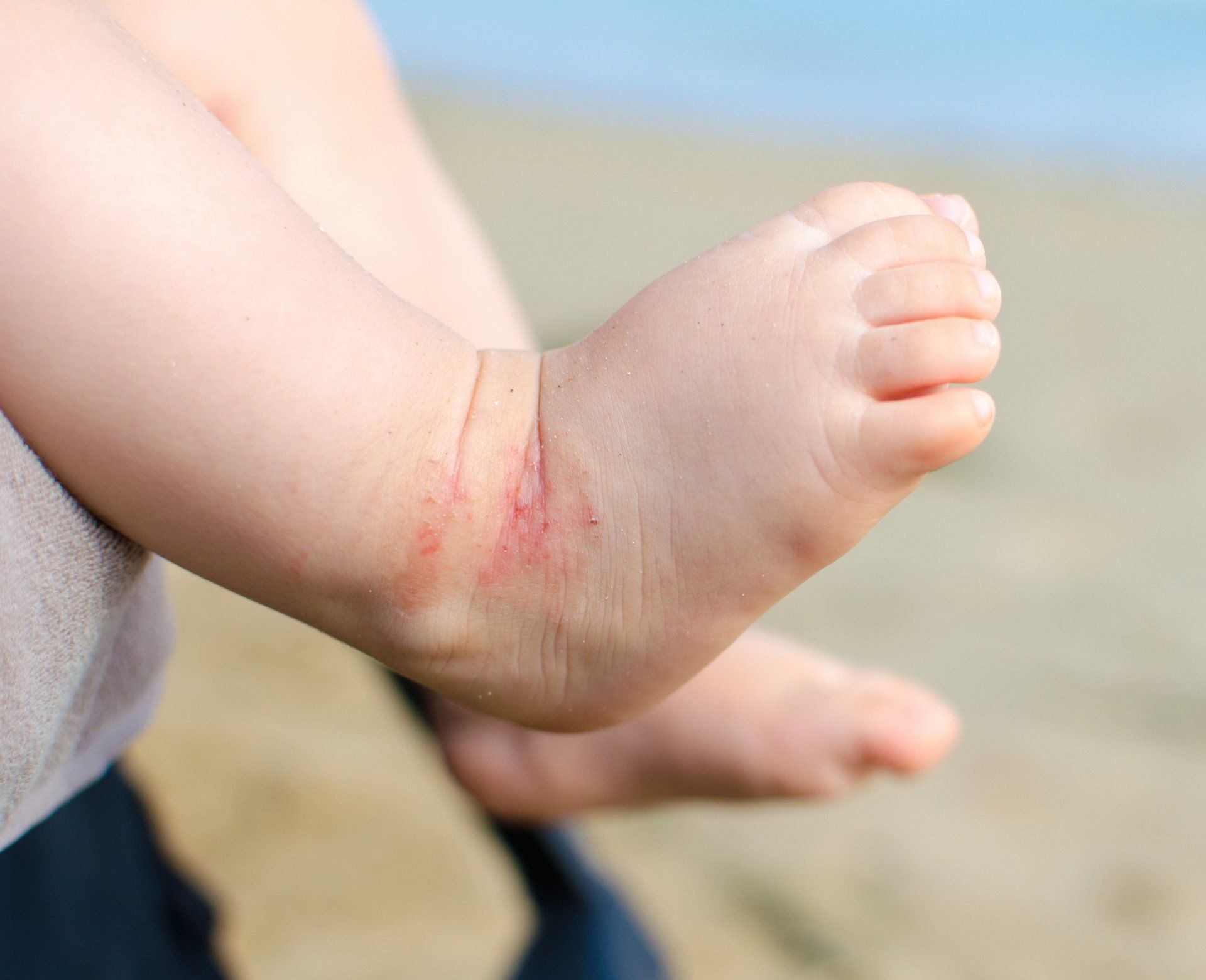Springtime Allergies and Your Child
Admin • April 7, 2020
Springtime means that your child could suffer from hay fever allergies. Even if your child didn't have an allergy problem in the past, he or she could develop one at any time. These allergies make your child miserable and even contribute to life-threatening breathing problems. Here is more information about what causes springtime allergies, their symptoms, and common ways to combat them.
Difference Between Springtime Allergies and Colds
Colds and allergies can have similar symptoms, but they also have some key differences. Here are examples of the differences between colds and springtime allergies.
Duration
Both colds and allergies may appear suddenly. However, allergies tend to last much longer than colds. Most colds will resolve themselves within a week or two. Allergies last for as long as your child is exposed to the allergen. For springtime allergies, your child will likely have symptoms for weeks.
Fatigue and Aches
Children who have colds may also have body aches and a general, overall malaise. Kids who have allergies may not feel well but can still do their normal activities. Usually, allergies don't cause aches unless your child has a headache from a sinus infection.
Fever
Allergies almost never cause a fever unless your child also gets a sinus infection. However, colds sometimes have a fever that lasts for a few days before it is resolved.
Age
Very young children, like babies, are much more likely to have a cold than an allergy. Allergies tend to develop as children get older.
Medication Effectiveness
While allergy medications help both colds and allergy-related upper respiratory symptoms, they aren't very effective against the cough, aches, and fever of a cold.
Common Springtime Allergens
Springtime allergens generally revolve around plants. Even in warmer areas like Georgia, many trees, flowers, and grasses still bloom seasonally and often in the spring. While you may think the main allergens are flower pollen, trees are often the major pollen producer in the spring. This pollen often peaks about mid-spring and is followed by grass pollen in the late spring and summer.
In addition to plant allergens, some children also experience insect-related allergy reactions. These reactions include mild to severe reaction to bug bites and bee stings. For example, your child may only have an itchy bite site that will go away in a short time. Serious reactions include breathing problems and possible anaphylactic shock, which results in a sudden drop in blood pressure.
Symptoms of Springtime Allergies
Most children exhibit allergies as upper respiratory problems. They will have runny noses, itchy eyes, and nasal congestion. However, many children could experience breathing problems and coughing from allergy-induced asthma.
In addition to respiratory problems, many children also suffer from emotional issues related to difficulty breathing. The struggle to breathe at night can cause sleep problems that make concentration harder. Lack of sleep can also cause behavioral issues.
Treatment of Springtime Allergies
Treatment of springtime allergies varies based on the severity and type of reaction. Children's over-the-counter medications are available. These include oral and topical antihistamines. However, be sure to see your doctor, first, before you self-treat your child. More severe reactions, like asthma, may require inhalers and stronger medications.
Other things you can do to help your child is determine what allergen affects your child and remove as much of that allergen as possible. Teach your child good hand and face washing when they come in from outside. Close your windows as much as possible to keep pollen out of your home.
Allergies are no fun, and they can severely impact your child's life. If your child shows allergic symptoms, then call Y.H. Parikh & Associates
for an appointment. We can give an allergy test to a child of any age, including babies. After examination, we will provide a treatment plan so that your child breathes easier and is more comfortable.
Periodic hearing screenings can detect hearing loss before your child falls behind in school or experiences developmental delays. Learn more here.
When your baby is little, you won't know exactly what he or she is allergic to. Read this blog to learn about allergy tests for babies.
Regular checkups, commonly referred to as well child visits, help ensure the continued health of your child. Read this blog to learn more.
Does your child have severe food allergies? Read this blog for seven necessities pediatricians are likely to recommend for children like this.








